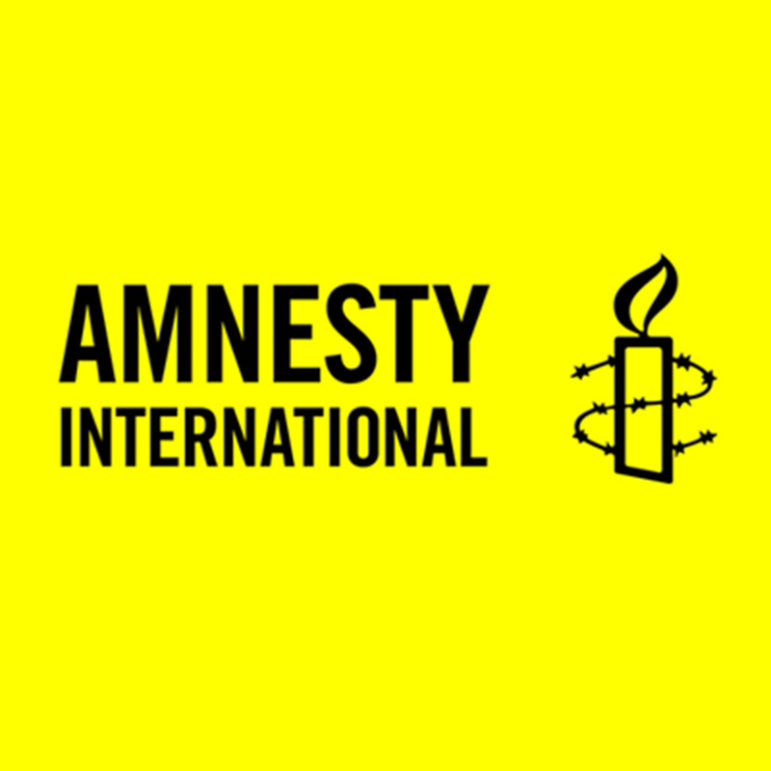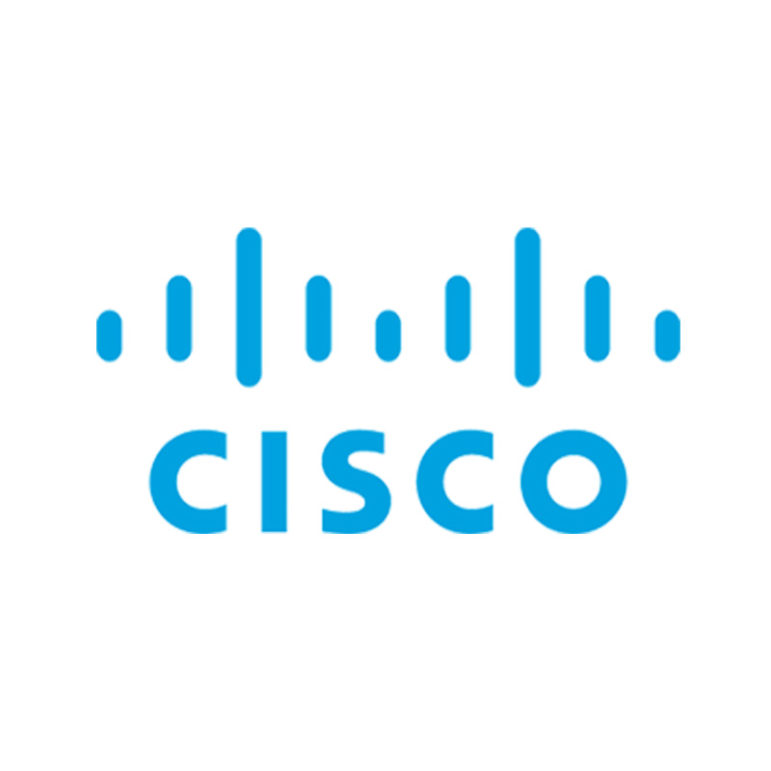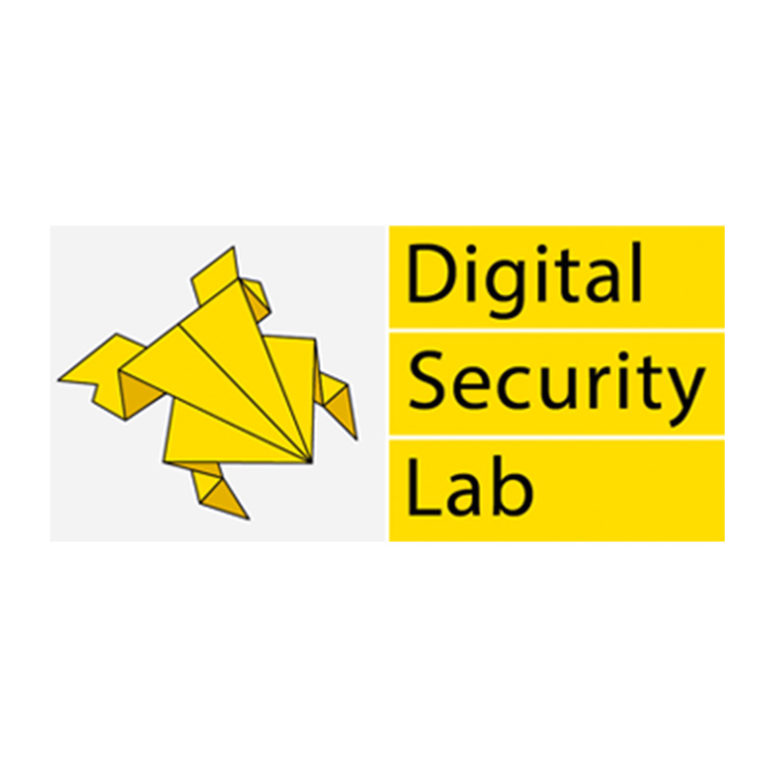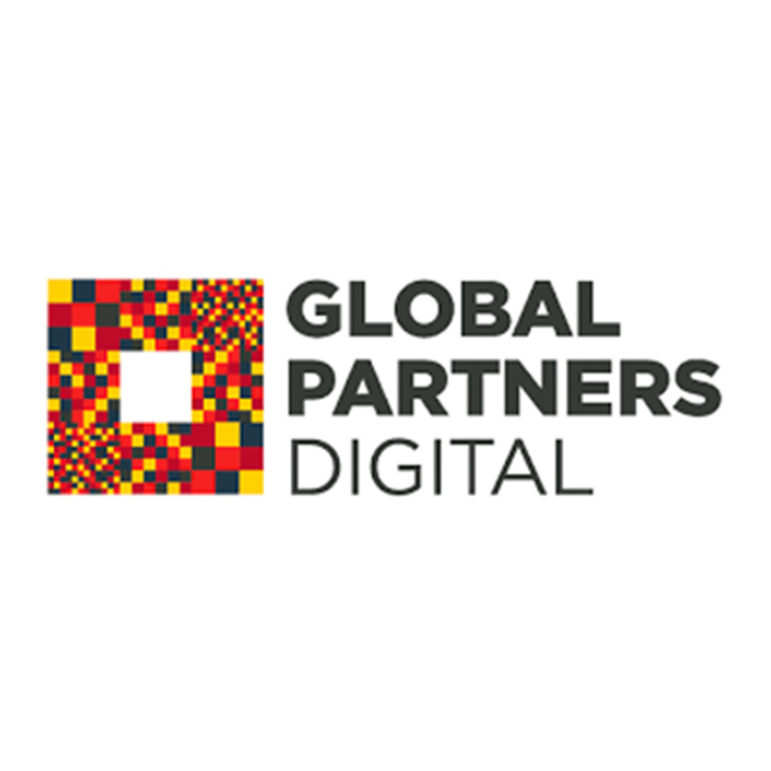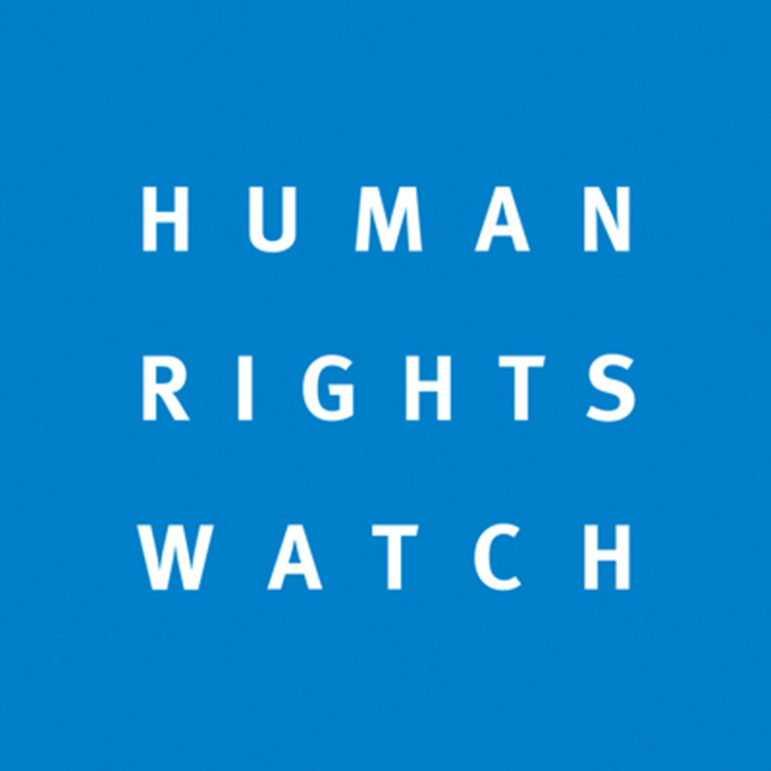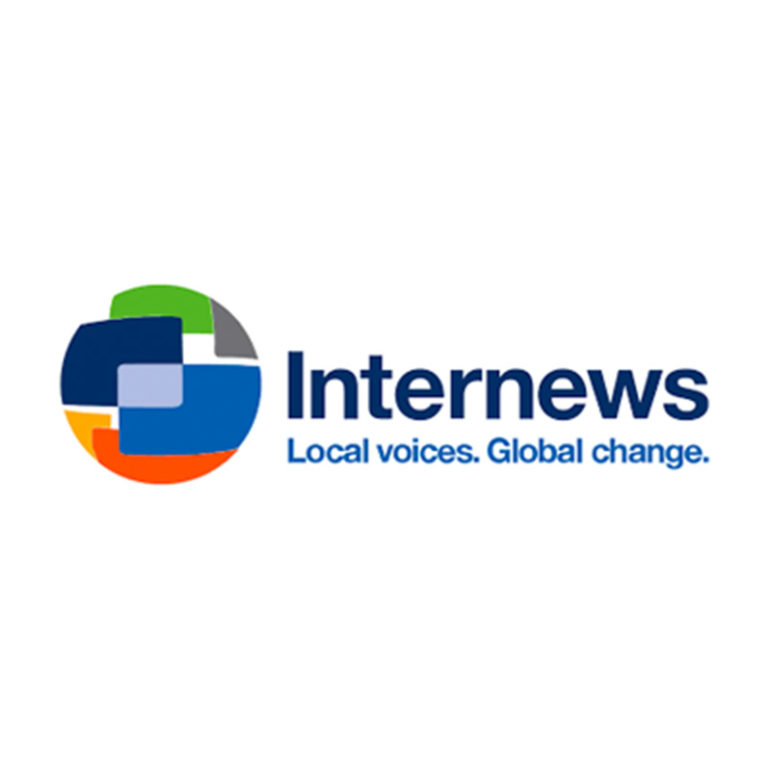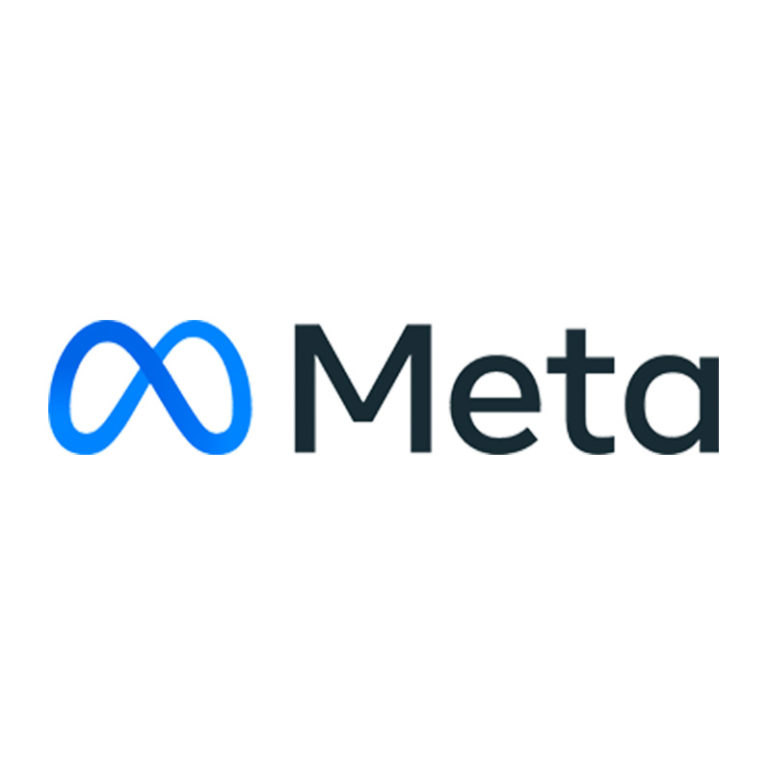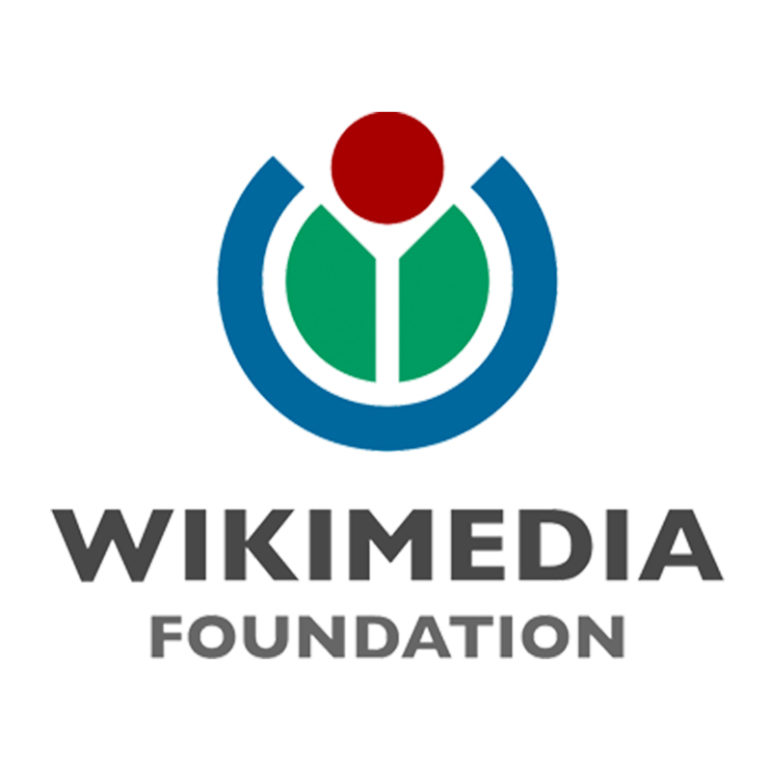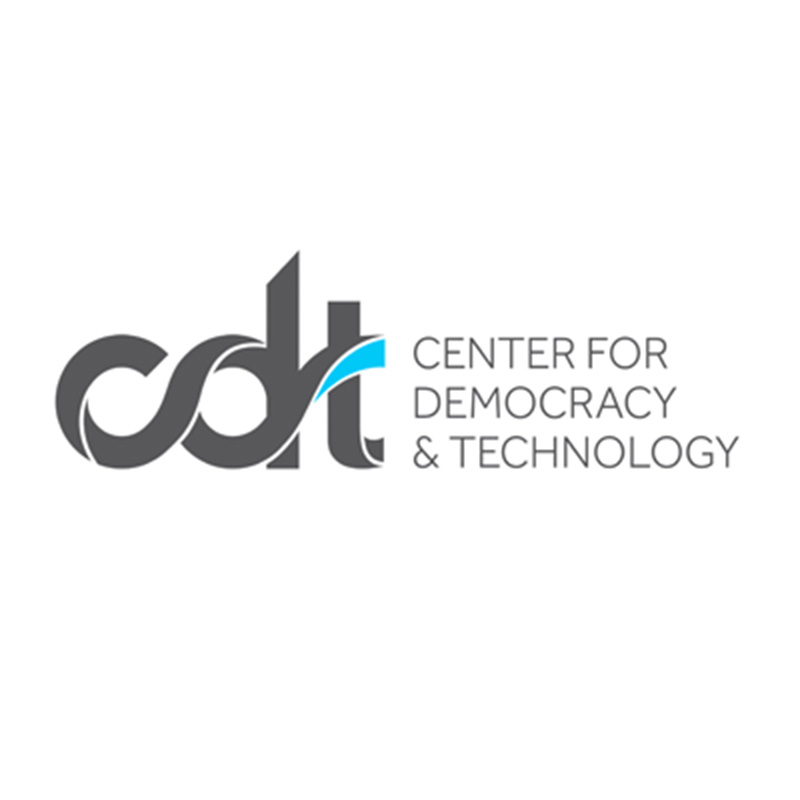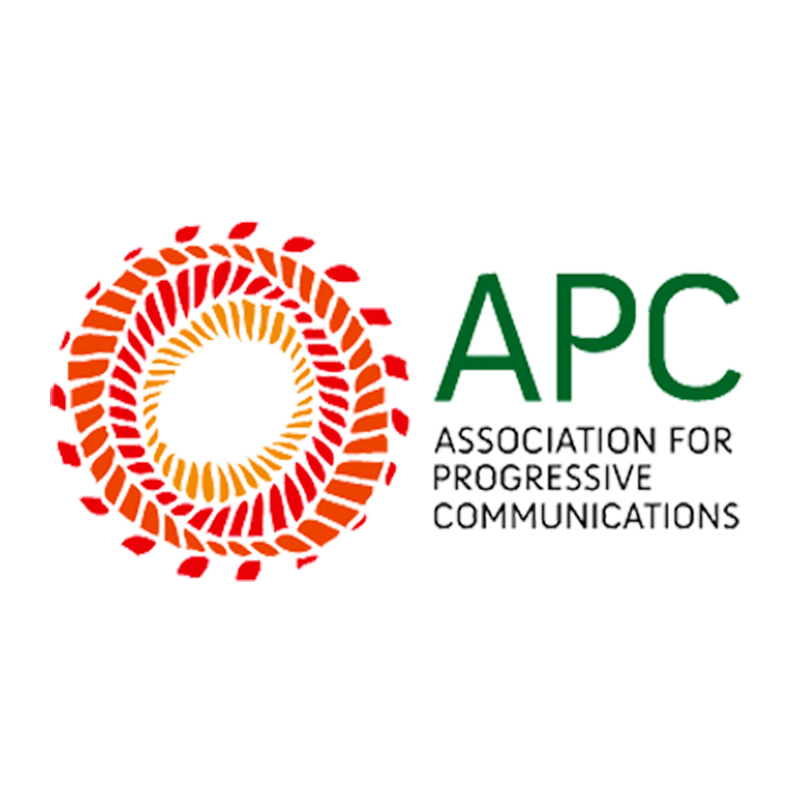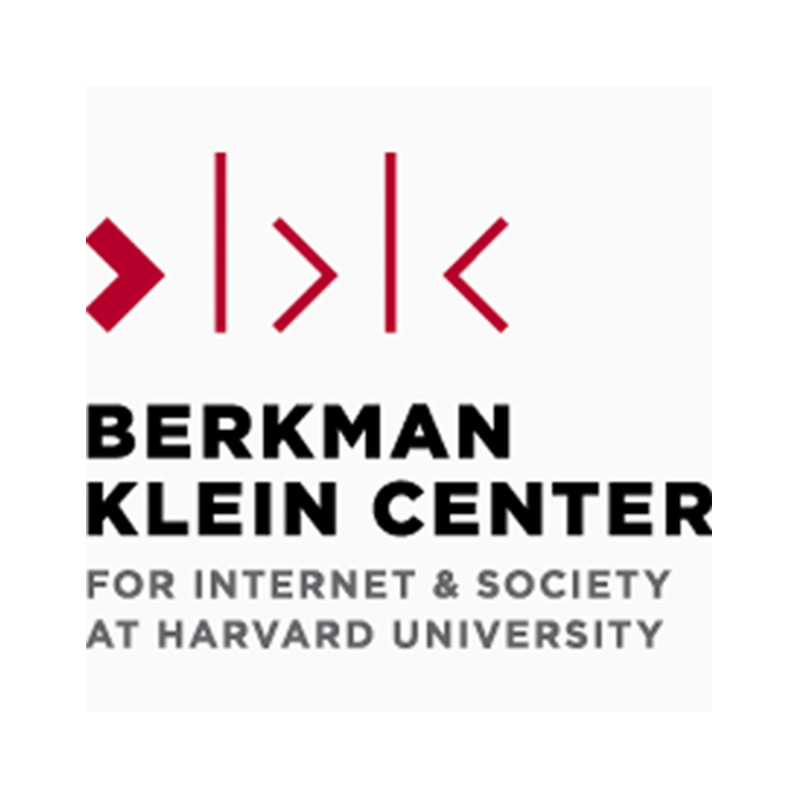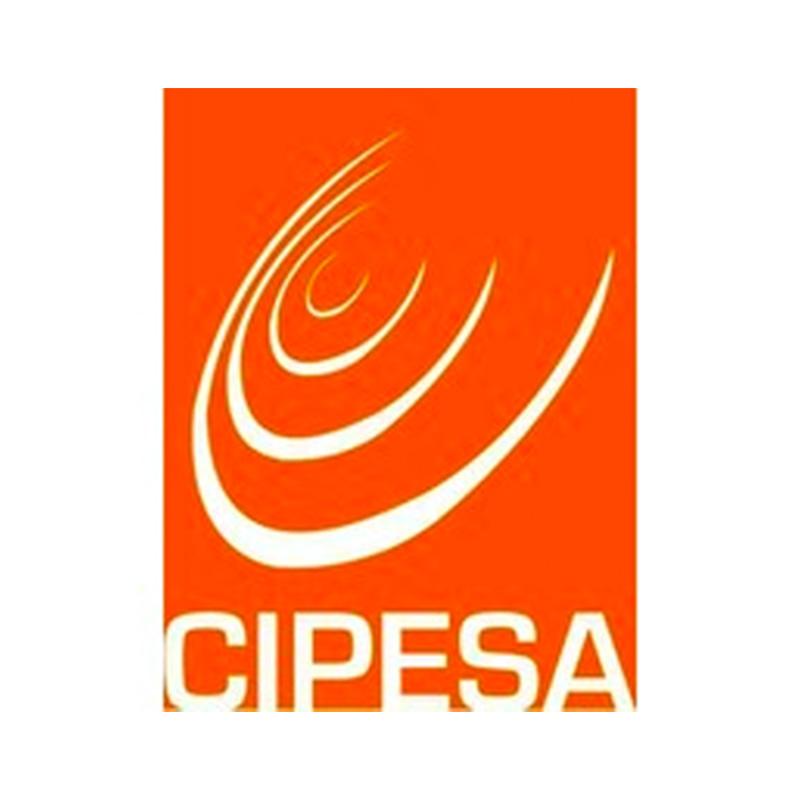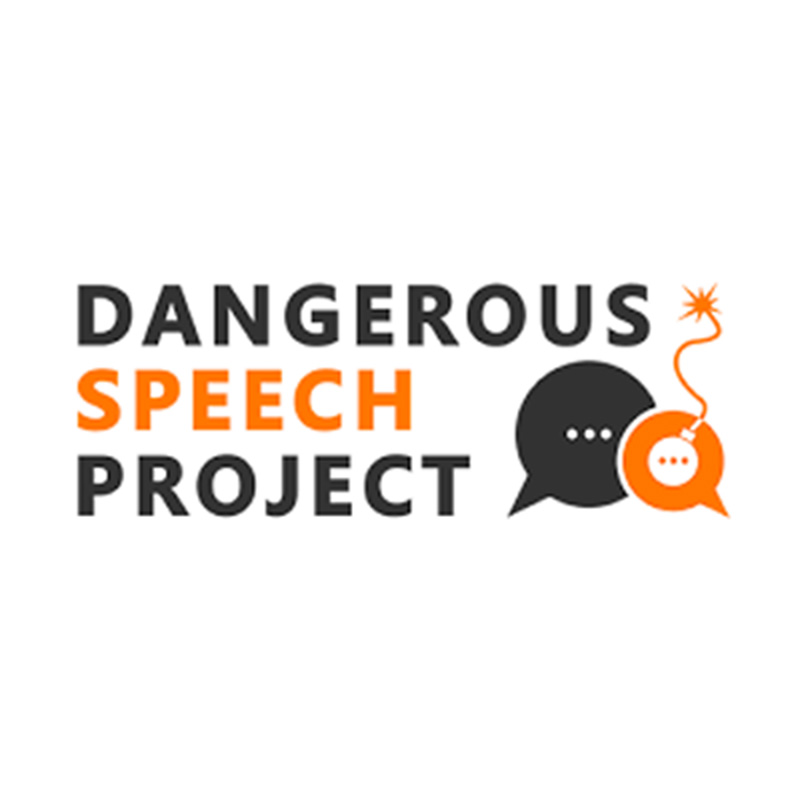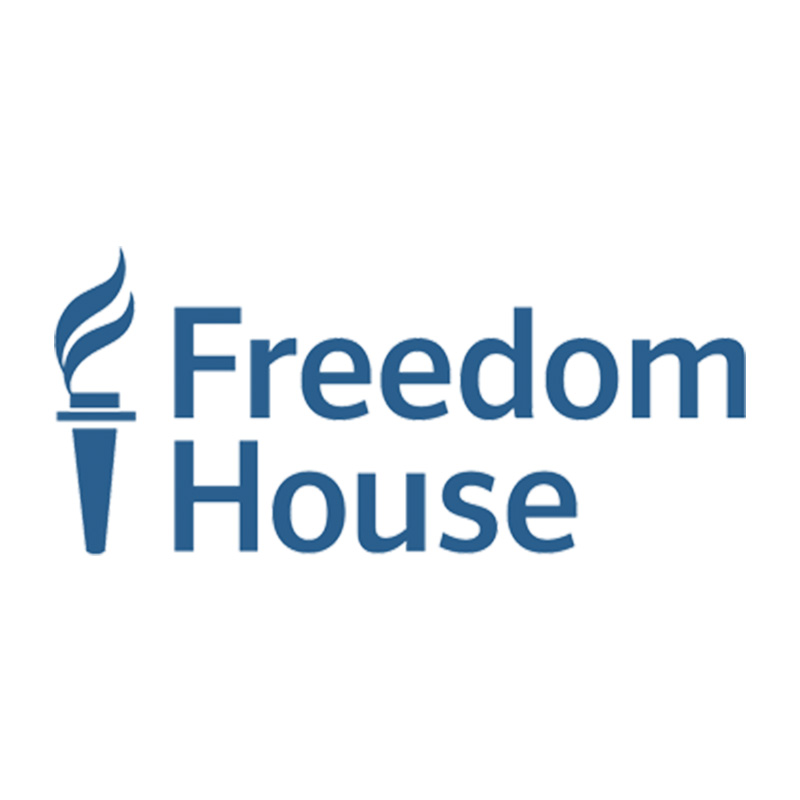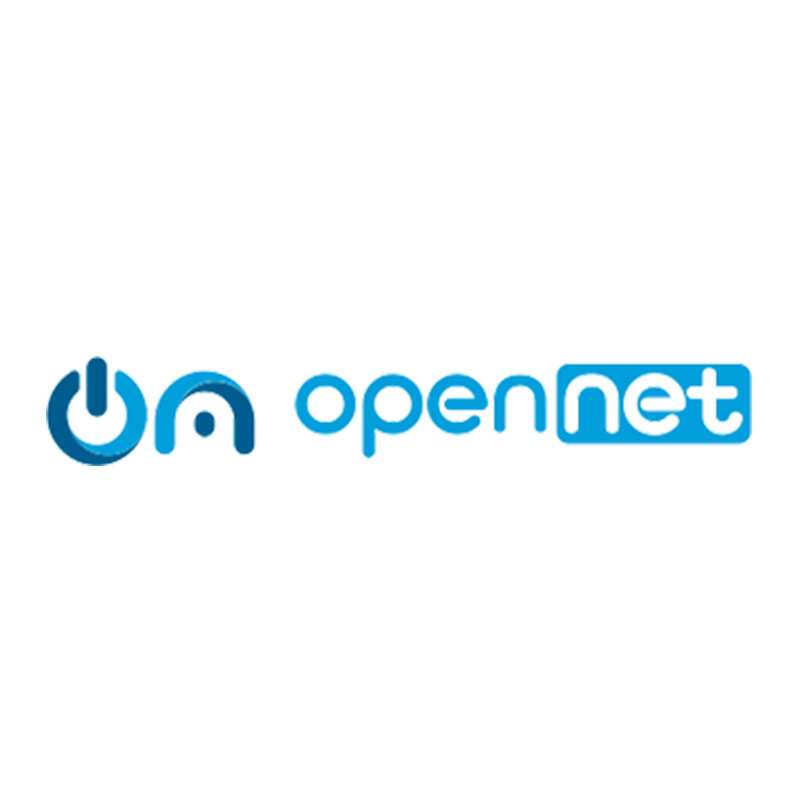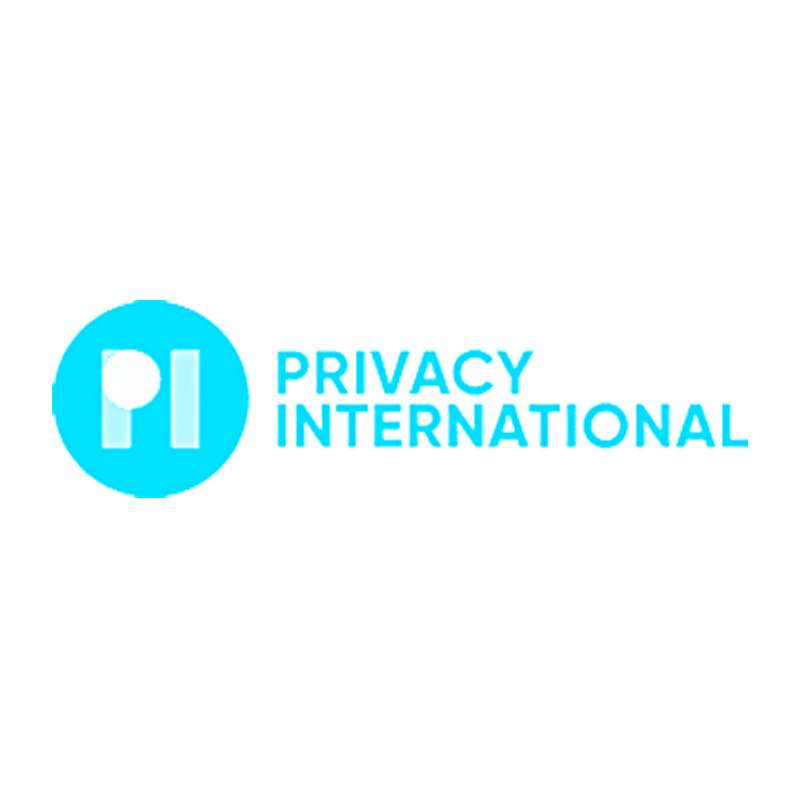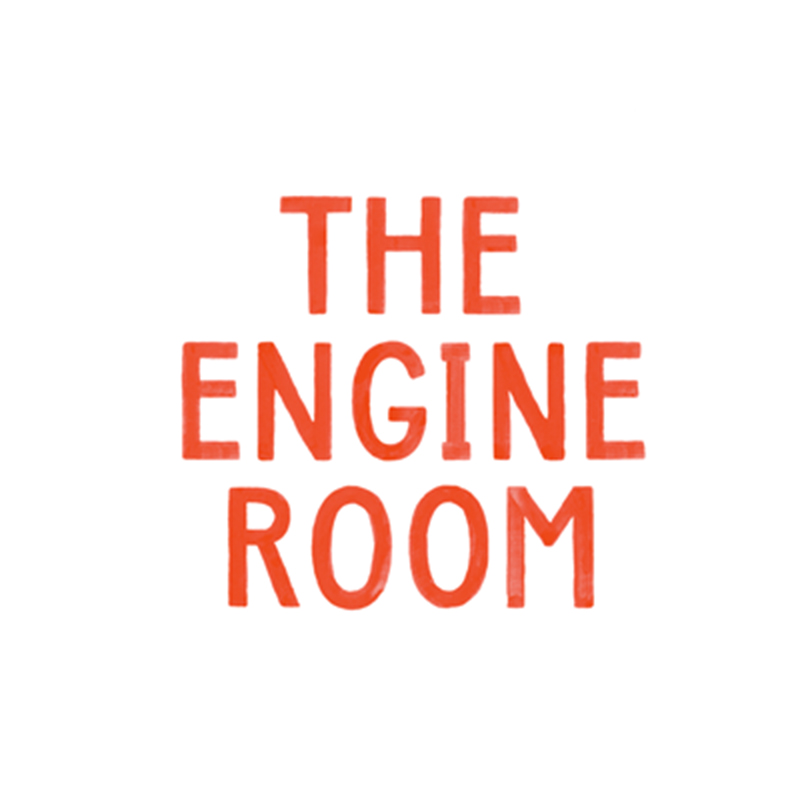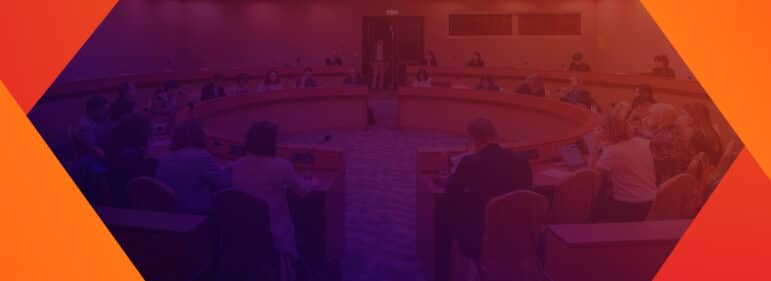
Zambia and online | May 5-8, 2026
RightsCon program
The Call for Proposals for RightsCon 2026 is now closed. This year we received over 1,600 proposals. Thank you to everyone who submitted!
Want to stay in the loop on what’s next? Subscribe to the RightsCon Rundown for the latest updates and new ways to engage with the program.
Zambia and online
may 5-8, 2026
RightsCon program
The Call for Proposals for RightsCon 2026 is now closed. This year we received over 1,600 proposals. Thank you to everyone who submitted!
Want to stay in the loop on what’s next? Subscribe to the RightsCon Rundown for the latest updates and new ways to engage with the program.
The RightsCon program
The RightsCon program is led by the digital rights community, which includes civil society, technologists, business leaders, policymakers, journalists, and more. Each year, the public program, the pillar of the summit, is built through an open Call for Proposals.
Expansive in scope, the program is delivered, in-person, online, and hybrid. It features over 450 sessions across 18 categories and six formats, engaging more than 5,000 digital rights advocates on the most pressing issues at the intersection of human rights and technology.
The RightsCon program
The RightsCon program is led by the digital rights community, which includes civil society, technologists, business leaders, policymakers, journalists, and more. Each year, the public program, the pillar of the summit, is built through an open Call for Proposals.
Expansive in scope, the program is delivered, in-person, online, and hybrid. It features over 450 sessions across 18 categories and six formats, engaging more than 5,000 digital rights advocates on the most pressing issues at the intersection of human rights and technology.

Program Committee
The RightsCon Program Committee is a diverse group of experts from every corner of the globe who evaluate session proposals holistically to help build a community-sourced program. They review proposals by category and advance sessions based on our core criteria.
No team members found.

What can you achieve with the RightsCon program
The RightsCon program is built to facilitate cross-sector connections, foster productive collaboration, and ultimately, turn conversation into concrete outcomes. Each session is designed with a distinct goal in mind to help you move your work forward and achieve your outcomes. We offer six formats to serve distinct session goals:
Format
Dialogue
Explore perspectives around a thematic or regional issue area
Format
Roundtable
Consult and collect input from participants on a project, practice or policy
Format
Workshop
Build skills, co-create resources, and develop tactics
Format
Private Meeting
Collaborate and build support with invited stakeholders
Format
Lightning Talk
Deliver a concise call to action
Format
Tech Demo
Showcase a tool, technology, or technical project
Program Categories
RightsCon 2026 will feature 18 categories designed to address the most pressing topics in digital rights today:
Artificial Intelligence and Emerging Technologies
This category looks into the future and speculates on cutting edge AI and other technologies with the potential to disrupt our social, political, and economic systems. Proposals may explore affective technology and emotion, bioinformatics, quantum computing, technology use in space, extended reality (XR) and wearables, and climate mitigation technology.
Given how it intersects with multiple program categories, we understand that you may need clarification about where to place sessions related to Artificial Intelligence. This category looks at sessions that center on the new or cutting developments in AI, where the focus is more on the tech than on the issues impacted by this. For example, if you are proposing a session on AI and content governance, submit your session in the “Content Governance” category. If you submit a session on AI and military tech, you can submit it under the “Conflict and Humanitarian Action” category.
Conflict and Humanitarian Action
This category centers on the role of technology in situations of armed conflict, natural disaster, food insecurity, forced displacement, and other crises. Proposals may touch on biometrics and identity management in humanitarian response, war propaganda, online mediation, military tech, the role of tech companies and platforms’ crisis response, and more.
Data Protection
This category explores public regulations, private sector standards and community guidelines to protect personal data. Proposals may explore topics such as data governance mechanisms, rights-based procedures to collect, store, maintain, process, and transfer data, and mechanisms to enforce public and private compliance and ensure proper data breach prevention and notification.
Freedoms and Agency in the Age of Surveillance
This category scrutinizes the impact of surveillance on our human rights, including the right to privacy, freedom of expression, assembly, movement and autonomy, in different contexts. Mass, community, and individual surveillance through a myriad of technologies, whether through spyware, digital identity systems or facial recognition technology, has impacted society across and on borders, in conflict areas, in authoritarian contexts, but also in democracies. Proposals may explore the differentiated use and repercussions of surveillance especially on highly-impacted communities and individuals.
Futures, Fictions, and Creativity
This category explores the transformative power of creativity, imagination, and play in our digital spaces. Proposals may examine creative and aesthetic forms of activism, the strength of fiction and speculation, future scenarios, authenticity and authorship for digital creators, and the role of AI, data, and emerging technologies in the artistic process, and more.
Governance, Politics, and Elections
This category analyzes paths to strengthen democratic governance and processes, foster meaningful public participation, and promote fair and free elections in the digital age. Proposals may address civic technology and education, anti-corruption and accountability in the public sector, political microtargeting and influence campaigns, election security and integrity, international cooperation and the role of intergovernmental authorities, and more.
Internet Access and Inclusion
This category will examine the urgent and multifaceted challenges to connecting the unconnected and ensuring access to an affordable, open, and reliable internet. Proposals may look at efforts to localize and decolonize online spaces, and discuss both “hard barriers” to internet adoption related to infrastructure, accessibility, and “soft divides” tied to literacy, education, and social location.
Justice, Litigation, and Documentation
This category considers technology through the lens of law, justice, and jurisdiction. Proposals may examine trends in strategic litigation and court action, access to legal support and resources, ethical dimensions of legal tech development, open source intelligence (OSINT) techniques, privacy rights in the face of evolving surveillance technology, methods to document human rights abuses, law enforcement and criminal justice reform, and more.
Organizational Capacity and Funding
This category explores the internal or institutional factors that enable activists, donors, organizations, and movements to operate effectively, especially in restricted civic spaces. Proposals may consider organizational strategy and sustainability, leadership and management, strategic partnerships, capacity-building and training, funder practices, impact reporting, and more.
Business and Human Rights
This category reviews corporate power and due diligence, sustainable business models, and responsible business conduct in the tech sector. Proposals may discuss corporate accountability, workers’ rights, investor responsibility and advocacy, human rights impact assessments and due diligence, transparency and disclosure, corporate governance, business models, and more.
Content Governance
This category delves into defending freedom of expression and opinion online and offline, strengthen state, community and platform approaches to tackle dissemination of illegal content online or disinformation. Proposals may address different processes deployed in content governance, platform accountability, oversight mechanism, enforcement of community standards, impacts of algorithmic curation and automated decision making on human rights, and more.
Digital Security for Communities
This category considers current and emerging digital security practices, in response to multifaceted threats to individuals, organizations, and communities. Proposals may discuss preventative security practices (such as risk assessments, audits, and educational initiatives), reactive security efforts, infrastructure and tools to help security practitioners coordinate with users at risk, and more.
Freedom of the Media
This category looks at the future of journalism, and the importance of data and technology in investigating, reporting and consuming news. Proposals may address whistleblower protections, violence against journalists, revenue models in the media landscape, increasing legal attacks on journalists and media outlets, media ethics, citizen and crowdsourced journalism, the increasing weaponization of technology against journalists, and more.
Global Cyber Norms and Encryption
This category investigates policies, actions, and approaches impacting cybersecurity, and encryption, at the national, regional, and global levels. Proposals may discuss multilateral cooperation, international law development and diplomacy on cyber; state capacity and response to cyber incidents; protection of critical infrastructure in national security contexts; encryption and law enforcement demands for exceptional access or proactive monitoring; efforts to control the use of and access to encryption; impact of innovation and tech on encryption, and more.
Human Rights-Centered Design
This category encourages ideas and new models of product design in the tech sphere that center the rights of people and communities most affected by design decisions driven by business and technical goals. Proposals may explore the process at all phases in tech product development, from user research, production, to maintenance, and delve into best practices for rights-respecting, accessible, ethical, collaborative, and sustainable tool development.
Internet Shutdowns and Disruptions
This category explores the profound consequences of internet shutdowns, slowdowns, and other network disruptions on human rights as well as the the lives and livelihoods of people around the world. Proposals may discuss practices to measure and document the impact of shutdowns, methods to circumvent internet censors, blocks, and filters, tools and technical services in offline contexts, and explore insights into emerging challenges and collaborative solutions for fostering resilience in the face of connectivity challenges.
Online Hate and Violence
This category unwraps the nature of threats perpetuated or coordinated online and the potential for these threats to translate to offline violence. Proposals may consider the social and emotional dimensions of hate speech, specific cases and concerns for activists and communities at risk, trauma-informed policies and approaches, efforts to combat stalkerware and similar tools of abuse, legal and platform responsibility, and more.
Tactics and Contexts for Activists
This category examines current and emerging trends in the realm of digital rights activism and advocacy. Sessions will connect and map approaches to mobilize and educate communities, reshape public narratives, influence policies and standards, and build solidarity.
Timeline
Our program-building journey for RightsCon 2026 in Zambia begins on August 1 with the kickoff of our Call for Proposals. Below is an overview of the key dates for the RightsCon program:
Meet our community
Every year, the RightsCon program is sourced through our annual Call for Proposals. Over 2800 organizations hosted sessions at RightsCon. Meet a selection of our session organizers below:
Frequently Asked Questions
Check out our answers to frequently asked questions. If you are unable to find the information you are looking, get in touch with us at [email protected]
What are RightsCon’s session modes?
RightsCon offers three session modes: in-person, online, and hybrid. You can choose the mode that best fits your session, but please note that your selection is final once you submit the proposal form.
In-person sessions will take place at our venue in Lusaka, Zambia, at the Mulungushi International Conference Centre (MICC). All six session formats are available for in-person sessions.
Online sessions will run entirely on our custom Summit Platform and are supported by four formats. To better balance our program scope and prioritize engaging, participant experiences, we’ve decided to reduce the number of online sessions for RightsCon 2026. As a result, Lightning Talks and Tech Demos will be offered in-person only.
Hybrid sessions are available for Roundtables and Private Meetings only. A select number will be elevated to enable two-way interaction between in-person and online participants. If you’re proposing a session in one of these formats and would like to be considered for hybrid delivery, we encourage you to explain why engaging both audiences is essential to your session goals. Please note that unlike fully online sessions, hybrid sessions will only be scheduled between 9:00 a.m and 5:00 p.m Lusaka time, which may not be ideal for all time zones.
For more details on our programming structure and the changes we’re introducing this cycle, check out our Call for Proposals launch blog.
How do I host a session at RightsCon?
RightsCon’s program is sourced through an open Call for Proposals. For RightsCon 2026, the submission period is closed. Subscribe to our newsletter, the RightsCon Rundown, for updates and upcoming opportunities to engage with the program.
What topics does the program cover?
The program is broad in scope and supports many topics of continued importance for our community, including, artificial intelligence and emerging technologies, Content Governance, Online Hate and Violence, Internet Access and Inclusion, Business and Human Rights, and Tactics and Contexts for Activists.
We also look for new issues to prompt exploration. Recent summits introduced program tracks on art and activism, human rights-centered design, and humanitarian action, and intersecting themes on health, environmental sustainability, disability rights, and gender justice.
Who evaluates the Call for Proposals?
Access Now works with a Program Committee to review the Call for Proposals. Every year, we invite academics, technologists, creators, activists, business leaders and policymakers from around the world to chair the Program Committee and help us select proposals based on our core evaluation criteria (relevant, actionable, original, diverse, and participatory). We also look holistically across categories and take other factors into account, such as gender and region, in order to create the strongest and most inclusive program possible.
What is the impact of the RightsCon program?
RightsCon positions our community to secure commitments, develop resources and campaigns, and set standards for human rights. Our summit has launched government initiatives, such as Tech for Democracy and the Technologist Code of Ethics, prompted statements from UN experts, produced coalitions to fight internet shutdowns, oppose the extensive surveillance of migrants in Latin America, and to prevent the misuse of digital identity systems, and established principles for non-discrimination in AI and the online sale of medicines.
Learn more about RightsCon’s impact in our most recent Outcomes Report.
What do I do if I missed the Call for Proposals deadline?
Unfortunately, we are not able to accept session proposals after the deadline has passed. However, participants play an important role in the RightsCon program, and many of our formats place an emphasis on interaction and collaboration as the means to achieve outcomes.
The summit supports industry leaders, advocates, technologists, policymakers, investors, funders, creatives, and journalists from around the world – and your contributions are part of what makes RightsCon unique. That’s why we need you in the room, whether as a session organizer, speaker, facilitator, or participant.
To hear about other opportunities to participate in the program, please stay tuned and subscribe to the RightsCon rundown to receive information on our Expanded Programming and individual speaker offerings.
What if I need funding to travel or participate?
RightsCon offers a Community Support Fund, available to those who wish to attend RightsCon in-person or online. The fund offers travel support for in-person participation (including travel, accommodation, among other travel-related costs).
While the fund is open to everyone, we prioritize applications from session organizers, facilitators, and speakers from communities who are traditionally underrepresented in global convenings. However as a nonprofit organization with limited resources, we are unfortunately unable to guarantee funding to every applicant.
Applications to the Fund will be open in mid-October and will be available through the RightsCon Proposal Portal.












